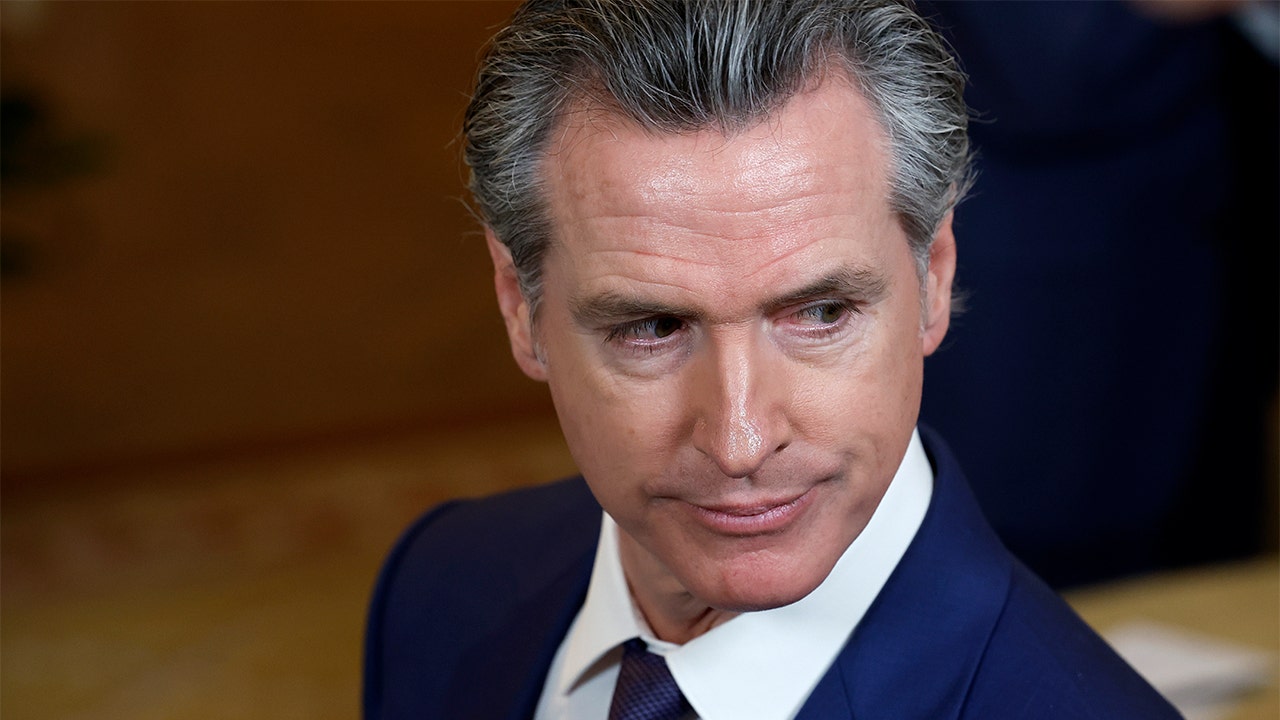PwC plans to reverse a controversial restructuring of its tax practice in the US after just three years, in a strategy U-turn under its incoming senior partner Paul Griggs.
The Big Four firm will reunify its tax division when Griggs takes over in July, dismantling the business model brought in by the firm’s current boss Tim Ryan, according to a note to partners seen by the Financial Times,
PwC departed from the industry’s historic model of having tax as a standalone business unit in 2021, when Ryan split the almost 1,000 US tax partners between the firm’s accounting and consulting arms.
“Tax is a tremendous brand and I’m a big believer that you never dilute a brand that has meaningful value,” Griggs told the FT.
The move by Griggs marks a reversal of his predecessor’s marquee strategy, which had prompted widespread debate about the Big Four business model when it was implemented.
Ryan described the reorganisation as a “once-in-a-generation change” that grouped PwC’s US audit business together with tax reporting and compliance under the umbrella of “trust solutions”.
Tax consulting activities, which include advising on the structure of merger and acquisition deals or where to locate business operations, were moved into PwC’s advisory arm, which was renamed “consulting solutions”.
However, discontent among tax partners was widespread enough that all the main candidates in this year’s leadership election supported the business being put back together, according to people familiar with the matter.
Griggs will also scrap the “trust solutions” and “consulting solutions” brands in favour of “assurance” and “advisory”. Tax accounted for 26 per cent of the US firm’s revenue before the split.
Griggs said that having tax under one umbrella reflected how clients bought services from PwC. It was also important for the “identity” of partners and staff in the business, and for ensuring investment was directed appropriately, he said.
“Having the tax business connected to assurance and advisory is critical, but structurally I don’t need those businesses to be smashed together for that to happen.”
Outside the firm, Ryan’s reorganisation was seen as a potential precursor to splitting PwC in two via the spin off or sale of its advisory arm — something he and other PwC leaders said was never on the cards.
EY, which pursued its own plan to spin off its consulting arm, feared ceding a first-mover advantage to PwC. EY’s plan ultimately fell apart last year because of disagreements over how to divide tax partners between the two halves of the business.
Deloitte said last month that it had considered and rejected splitting its tax business, deciding that an integrated model was a “significant source of strength and differentiation”.
Ryan’s reorganisation was not adopted by other countries in the PwC network, whose member firms have typically kept tax as a standalone business line.
Ryan had been expected to become global chair of PwC but encountered opposition to his management style. Opponents cited his willingness to take unilateral action in the US business that might be more typically co-ordinated at a global level, where consensus is prized.
Ryan withdrew from the global leadership race in October and will retire from the firm.
Griggs, an auditor, was elected US senior partner in February in a ballot of PwC’s 4,000 US and Mexico partners, beating Kathryn Kaminsky, co-head of trust solutions, and Jenny Koehler, chief investment officer. Another frontrunner, former consulting co-chair Neil Dhar, was excluded from the ballot after allegations he breached election rules.
Griggs announced key members of his leadership team on Thursday, including appointing Krishnan Chandrasekhar, who is at present banking and capital markets tax services leader, as head of the reunified tax business.
The assurance business will be run by Deanna Byrne, head of PwC’s Philadelphia office, and advisory will be led by Tyson Cornell, leader of its cloud and digital practice.
Koehler has been named chief operating officer of advisory and Kaminsky will become chief commercial officer.


























